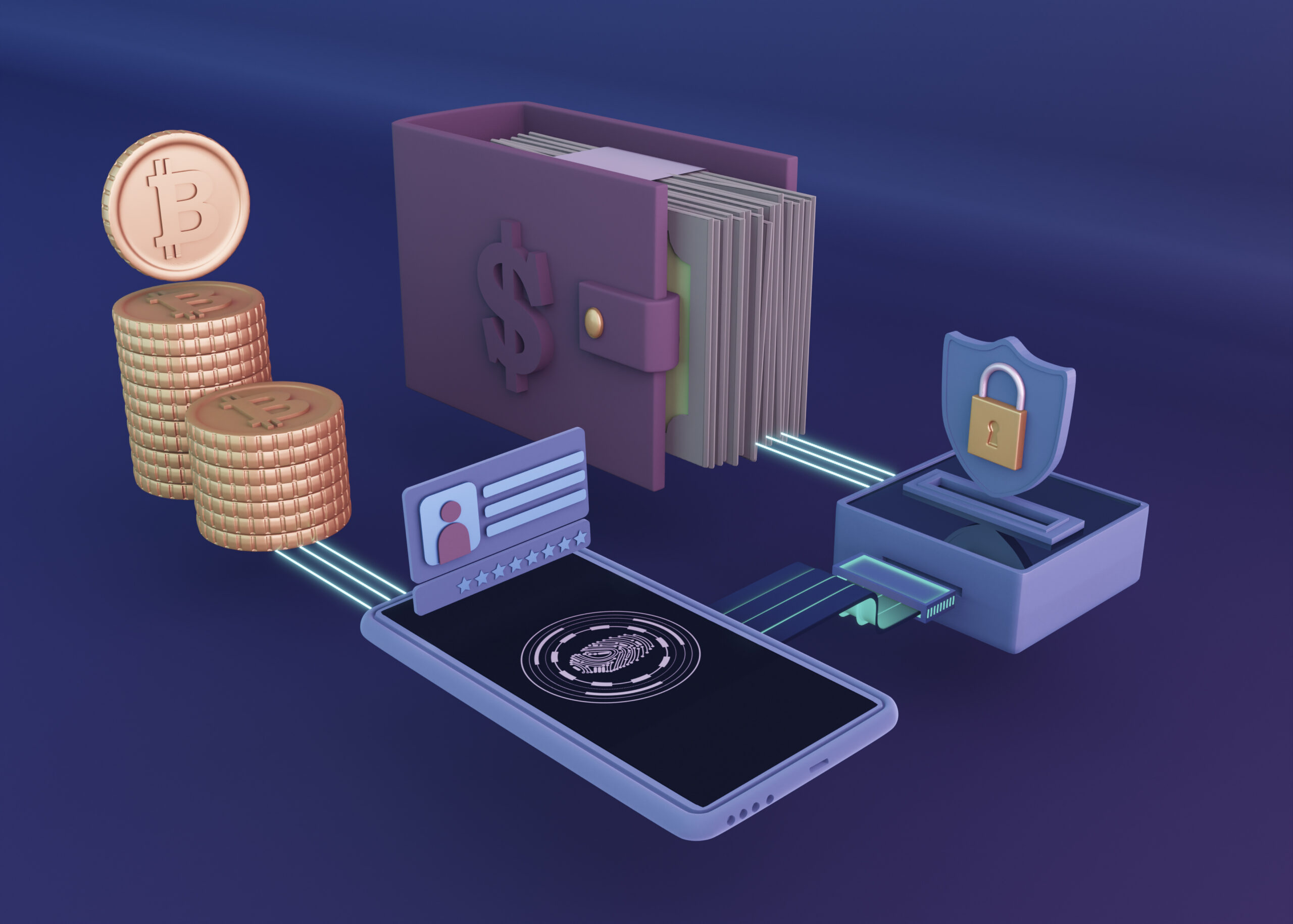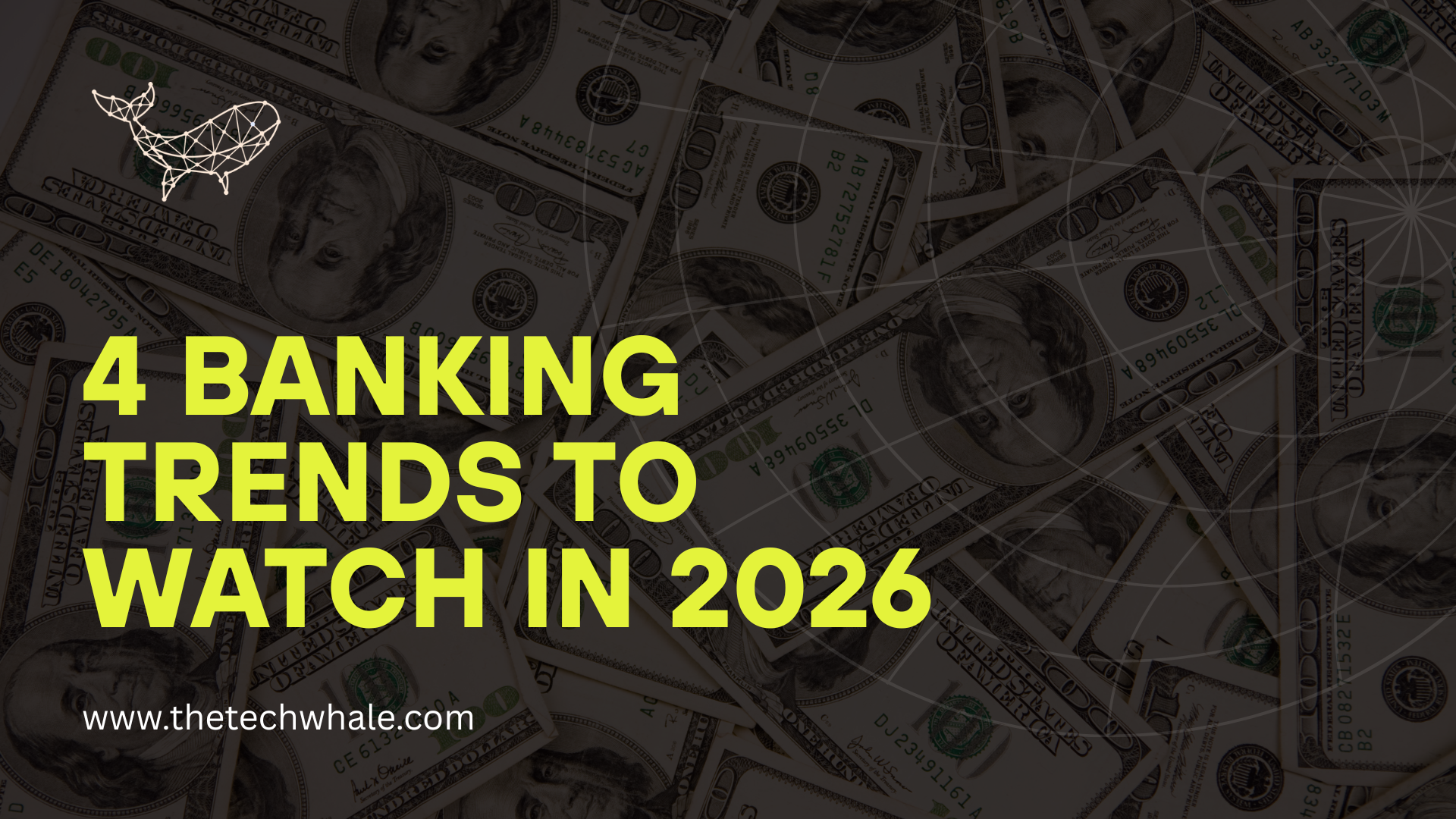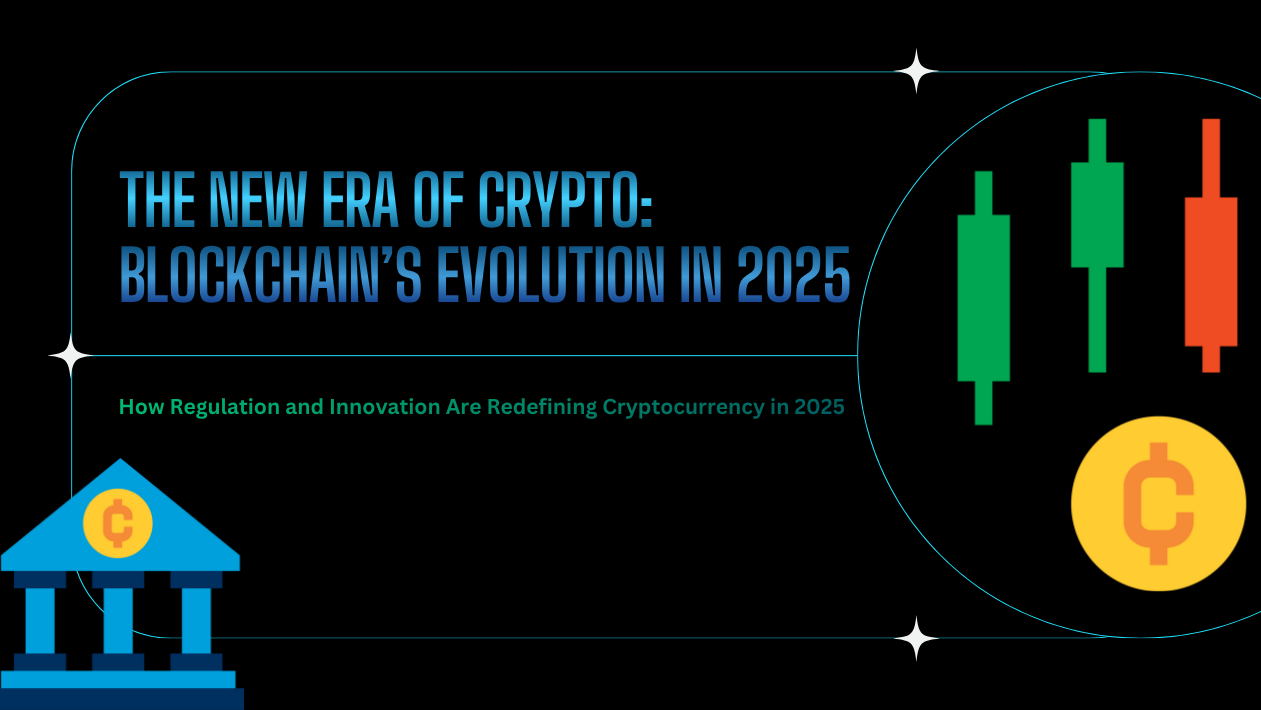As businesses scale across borders, digital payment infrastructure must evolve from simple processing systems into agile, scalable, and compliant ecosystems.
Today’s digital businesses don’t just need to accept payments—they need to manage complex transaction flows, multiple currencies, tax regulations, and integrations across continents.
At The Tech Whale, we design payment infrastructure strategies that support real-time settlements, localization, compliance, and analytics at scale.
Globalization demands multi-currency wallets, localized checkout flows, and payment method diversity (cards, bank transfers, wallets, etc.).
Payment orchestration platforms are rising in popularity—these manage and route payments across various providers for better performance and reliability.
Failover routing ensures transactions are never lost, even if one payment processor goes down. This boosts success rates and revenue recovery.
New players are offering cloud-native payment rails that are modular, scalable, and support dynamic regulatory updates without downtime.
Centralized dashboards for transaction insights, reconciliation, and chargeback management provide finance teams with transparency and control.
Cloud-based ledger systems track every transaction with audit-ready detail—crucial for reporting, compliance, and dispute resolution.
Modern payment stacks are leveraging event-driven architecture, triggering custom workflows like shipping, invoicing, or loyalty rewards automatically upon successful transactions.
AI models within payment infrastructure forecast cash flow, predict fraud, and optimize routing decisions based on live performance data.
Partnerships with local banks or fintechs help businesses remain compliant with regional regulations like India’s UPI or Brazil’s Pix.
Blockchain-enabled cross-border modules are minimizing cost and complexity in international settlements.
Infrastructure also includes risk scoring engines, which assign trust levels to every transaction and adapt limits or verification levels accordingly.
In B2B scenarios, payment infrastructure must support invoicing, credit lines, escrow, and milestone-based release mechanisms.
Tokenization and vaulting solutions allow recurring payments without storing card data, reducing PCI scope and liability.
APIs are now critical in building infrastructure that is both customizable and future-proof—supporting new payment types as they emerge.
Resilience is key: Load balancing, real-time failover, and DDoS protection ensure 24/7 uptime and secure operations.
As finance becomes increasingly digital, strong infrastructure becomes a competitive advantage—not just an operational necessity.
Digital payment infrastructure is no longer “back-office plumbing.” It’s the engine powering global commerce and user trust.





